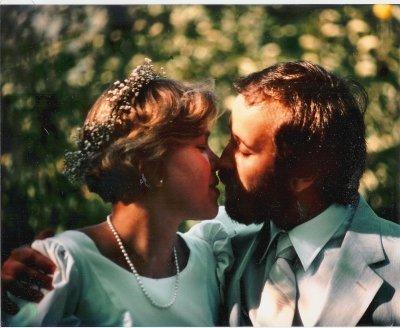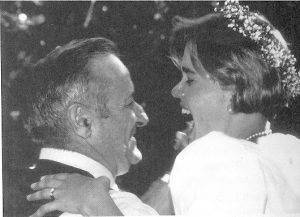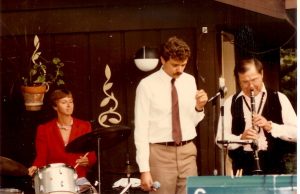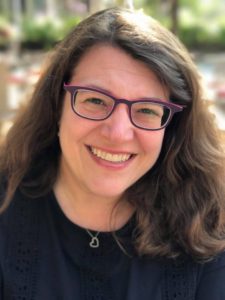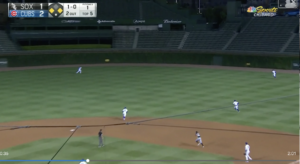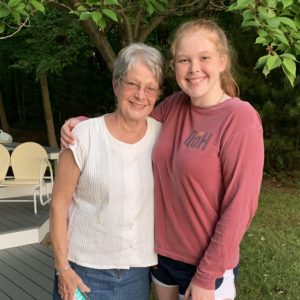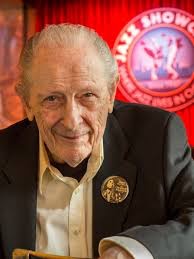Mondays with Mike: We turn 36 tomorrow
July 27, 2020 • 38 Comments • Posted in Mike Knezovich, Mondays with MikeEveryone I know is coping remarkably well with the universal craziness of life today (all things considered), but everyone has bad days, sad days. Lately I’ve noticed a healthy tendency for people to just be honest about those times. It’s an oppressive time, and while I maintain hopes for better times ahead, those hopes are tenuous. So, today, I’m choosing to look back for relief and inspiration.
Tomorrow, Beth and I celebrate our 36th anniversary. The morning of July 28, 1984 started in the backyard of our friend Colleen’s parents in Hillside, Illinois. Colleen’s father, the late Judge John Keleher, officiated and our parents attended. It was modest and small and kind of perfect.
We were officially married in Cook County, but another ceremony and party took place later, in DuPage County, in another back yard—Beth’s late sister Bobbie and her husband Harry generously hosted the affair. Hosted doesn’t do it justice. They’d more or less planned their splendid garden around the event, and managed the logistics of tents, pig roasters, etc. Lots of Beth’s enormous family stepped up to help–brother-in-law, Rick Amodt, volunteered to take pictures.
Our friend Pick, who grew up in Rural Virginia as a Southern Baptist, had agreed to officiate the second ceremony, using the vows that Beth and I had written together.
It could’ve been hot. It could’ve rained. But the afternoon was sunny and comfortable with a breeze. It was sublime.
Here’s an account from Beth’s memoir, “Long Time No See” :
Flo walked me down the aisle, and my friends Anne and Colleen served as bridesmaids. When it came time for a toast, the nieces and nephews served Champagne. We’d hired a group of Mike’s dad’s buddies from the steel mill, Roland Kwasny and the Continentals, who moonlighted playing weddings and other functions. They were everything we could’ve hoped for. Behind bandstands monogrammed “RK,” the ruffle-shirted, heavy set machinists and bricklayers played everything from Polkas to “Proud Mary.” And Roland and the boys were good enough to let Pick—a versatile showman, indeed—sing a few numbers while my sister Beverle sat in on drums.
We ate and drank and danced until well after sundown. We told each other it was the best day of our lives.
And it was the best day of our lives, at least to that date. We’ve been fortunate to have had even better days since. Of course, there were some pretty awful days. And times when we’ve barely held our marriage together by a thread.
Marrying Beth remains the single best thing I’ve ever done for myself. And I’m elated that both of us are still ticking, together, after 36 years.
We’ve made it in no small part because of the support of our friends, family, and good–hearted strangers. Thanks.
Happy anniversary to us.
